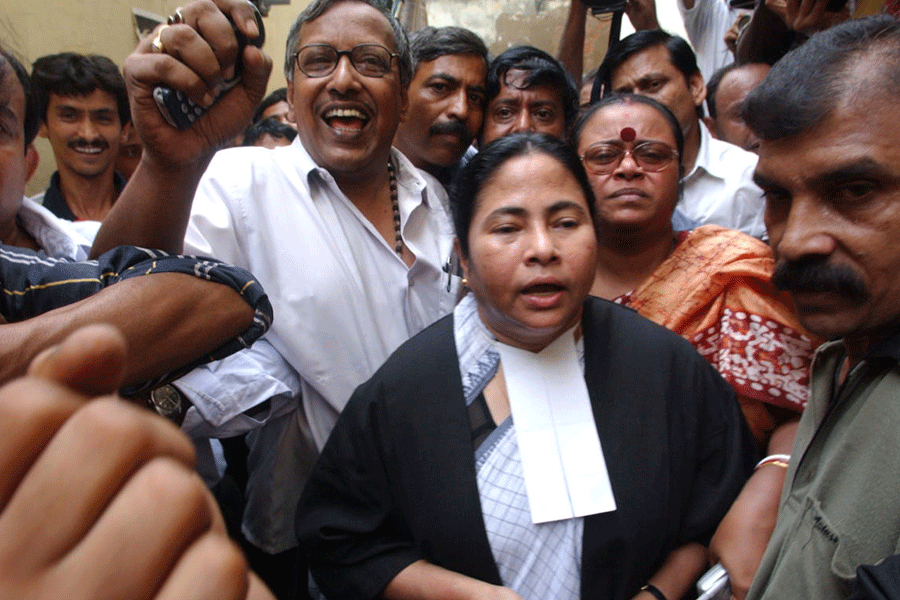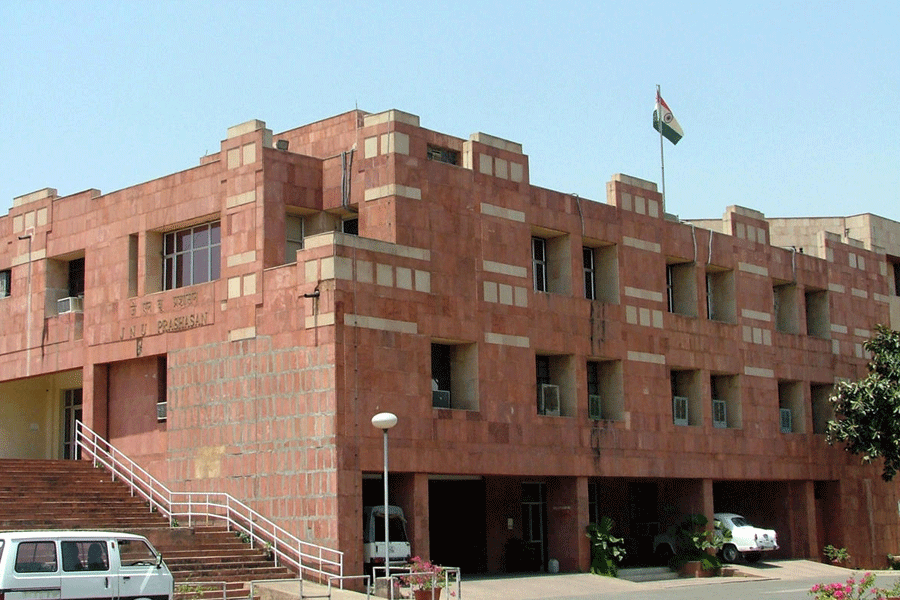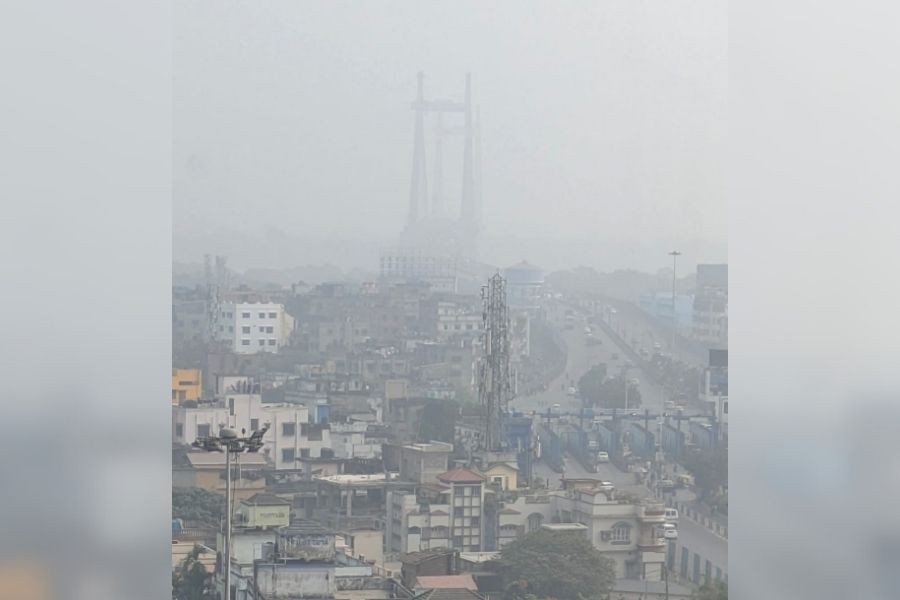Dipika Choudhury, in her early 50s then, was working as a personnel manager when one day she forgot an important meeting at office. Her colleagues were surprised that a conscientious worker like her could forget a board meeting.
“After a series of such blunders, a neurologist diagnosed her with Alzheimer’s disease,” said Shefali, Dipika’s mother and principal caregiver. Dipika, now 71, is bedridden while her mother, 91, still takes care of her.
The 15th National Conference of the Alzheimer’s and Related Disorders Society of India (ARDSI), held over three days in the city last week, discussed how dementia, widely regarded as a geriatric disease, can strike early too.
“About 1,80,000 patients of dementia in India are in the 45-65 age group,” said John Hodges, a professor of cognitive neurology at the Prince of Wales Medical Research Institute in Sydney.
“Those in their 50s and 60s, coming up on retirement, are the most vulnerable. They can be afflicted with Alzheimer’s disease or Frontotemporal Dementia (FTD),” he said.
While the most prominent symptom of an Alzheimer’s patient is recent memory loss, symptoms of FTD are changes in personality, conduct and judgement. This is caused by the degeneration of the frontal lobe of the brain that controls behaviour.
“FTD is a relatively new field and its causes are yet to be ascertained. In 10 per cent of the cases, it is genetic,” said Hodges.
Alzheimer’s Disease International (ADI) chairperson Daisy Acosta said the need of the hour was to spread awareness about the disease for early detection.
Warning that both India and China, with their huge population, were likely to face a dementia epidemic in the next 25 years, she urged governments to “formulate comprehensive policies and strategies in combating the disease.”
Also stressing the need for timely detection, Michael Splaine of Alzheimer’s Association in the US, said that to facilitate early detection, an Alzheimer’s Disease Neuro Imaging Initiative was being launched to find bio markers as a way of detecting the disease in a non-intrusive way. “India is one of the sites of such an initiative,” he added.
The ARDSI conference concluded with a national dementia strategy meeting. “We do not have a national strategy on dementia,” said P.G. Datta Ray of ARDSI, Calcutta, the hosts of the conference.
Let alone strategy, there isn’t enough data to formulate projections about the spread of the disease in Calcutta in the next 20 years.










